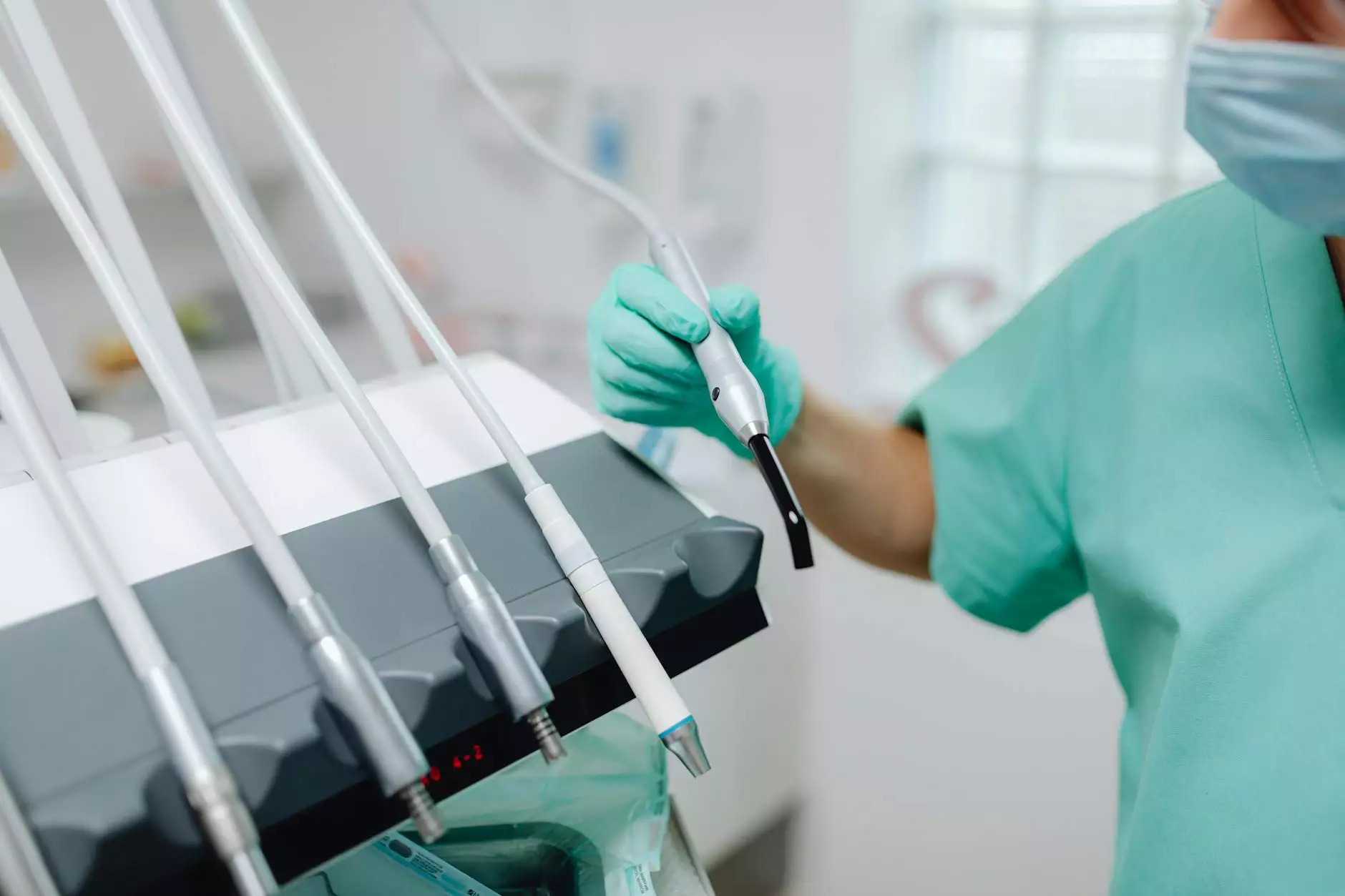Innovations and Insights into Medical Instruments Manufacturers

Medical instruments manufacturers play a crucial role in the healthcare industry, supplying essential tools that help diagnose, monitor, and treat patients. The field is continually evolving, thanks to technological advancements and changing market demands. This article will explore the various aspects of this dynamic industry, focusing on innovation, market trends, and the challenges faced by manufacturers today.
The Importance of Medical Instruments
Medical instruments are integral to modern healthcare. They range from simple devices, such as stethoscopes and thermometers, to complex machinery like MRI machines and robotic surgical systems. The contribution of medical instruments manufacturers cannot be overstated.
Categories of Medical Instruments
Medical instruments can be classified into several categories, including:
- Diagnostic Instruments: Used for identifying diseases, such as blood pressure monitors, ECG machines, and ultrasound equipment.
- Therapeutic Instruments: Devices that aid in treatment, including infusion pumps, laser therapy equipment, and surgical instruments.
- Monitoring Devices: Tools for continuous monitoring of patients, such as pulse oximeters and blood glucose meters.
- Rehabilitation Instruments: Equipment designed to help patients recover from injuries, like physiotherapy machines and prosthetics.
Market Dynamics Influencing Medical Instruments Manufacturing
The landscape of medical instruments manufacturers is shaped by various factors, including technological advancements, regulatory changes, and shifts in healthcare delivery models.
Technological Advancements
The healthcare industry is one of the most dynamic sectors when it comes to technology. Innovations such as artificial intelligence, telemedicine, and wearable devices are revolutionizing how medical instruments are developed and utilized. For instance:
- Artificial Intelligence: AI is enhancing diagnostic accuracy, enabling the creation of smarter medical devices.
- Telemedicine: The rise of telehealth has increased the demand for remote monitoring devices that can integrate seamlessly with healthcare IT systems.
- Wearable Technology: Devices like smartwatches that can monitor heart rates and other vital statistics represent a significant market segment.
Regulatory Environment
Manufacturers must navigate a complex web of regulations to ensure their products meet safety and efficacy standards. Regulatory bodies, such as the FDA in the United States and the EMA in Europe, closely monitor the approval process for new medical devices. Compliance with these regulations is not just a legal necessity but also a crucial factor in gaining healthcare provider and consumer trust.
Challenges Faced by Medical Instruments Manufacturers
While opportunities abound in the medical instruments sector, manufacturers also face significant challenges:
Supply Chain Disruptions
The COVID-19 pandemic exposed vulnerabilities in global supply chains, impacting the availability of raw materials and finished products. Manufacturers are now re-evaluating their supply chains to enhance resilience and responsiveness.
Cost Management
Balancing quality with cost-effectiveness is a constant struggle. Manufacturers must invest in R&D while managing operational costs to remain competitive in a price-sensitive market.
Keeping Up with Technological Change
The rapid pace of technological advancement means that manufacturers must continually innovate to stay relevant. This requires significant investment in research and development, as well as a commitment to staying informed about emerging technologies.
The Future of Medical Instruments Manufacturing
The future of the medical instruments industry is bright, with numerous trends shaping its evolution:
Increased Personalization
There is a growing demand for personalized medical devices tailored to individual patient needs. This trend is driven by advancements in genomics and biotechnology, leading to more precise diagnostics and treatments.
Integration of Digital Health Solutions
As the healthcare industry moves towards digital transformation, integrating smart technologies into medical instruments is becoming paramount. This includes:
- Data Analytics: Instruments that gather patient data can now be connected to analytics platforms, providing valuable insights into patient care.
- Cloud Computing: Storing data in the cloud allows for improved accessibility and collaboration among healthcare providers.
- Mobile Applications: Many medical devices now come with mobile apps that enhance functionality and ease of use for healthcare professionals and patients alike.
Conclusion: The Vital Role of Medical Instruments Manufacturers
In conclusion, medical instruments manufacturers are at the forefront of improving healthcare. Through technological innovation, navigating complex regulations, and meeting evolving market demands, these manufacturers are key players in enhancing patient care. As the industry advances, the role of these manufacturers will only become more critical in shaping the future of medical technology.
If you want to learn more about the innovative products coming from the leaders in this field, visit new-medinstruments.com to explore their exceptional range of medical supplies and instruments that are setting benchmarks in the health and medical markets.
Copyright © 2023 new-medinstruments.com. All rights reserved.









